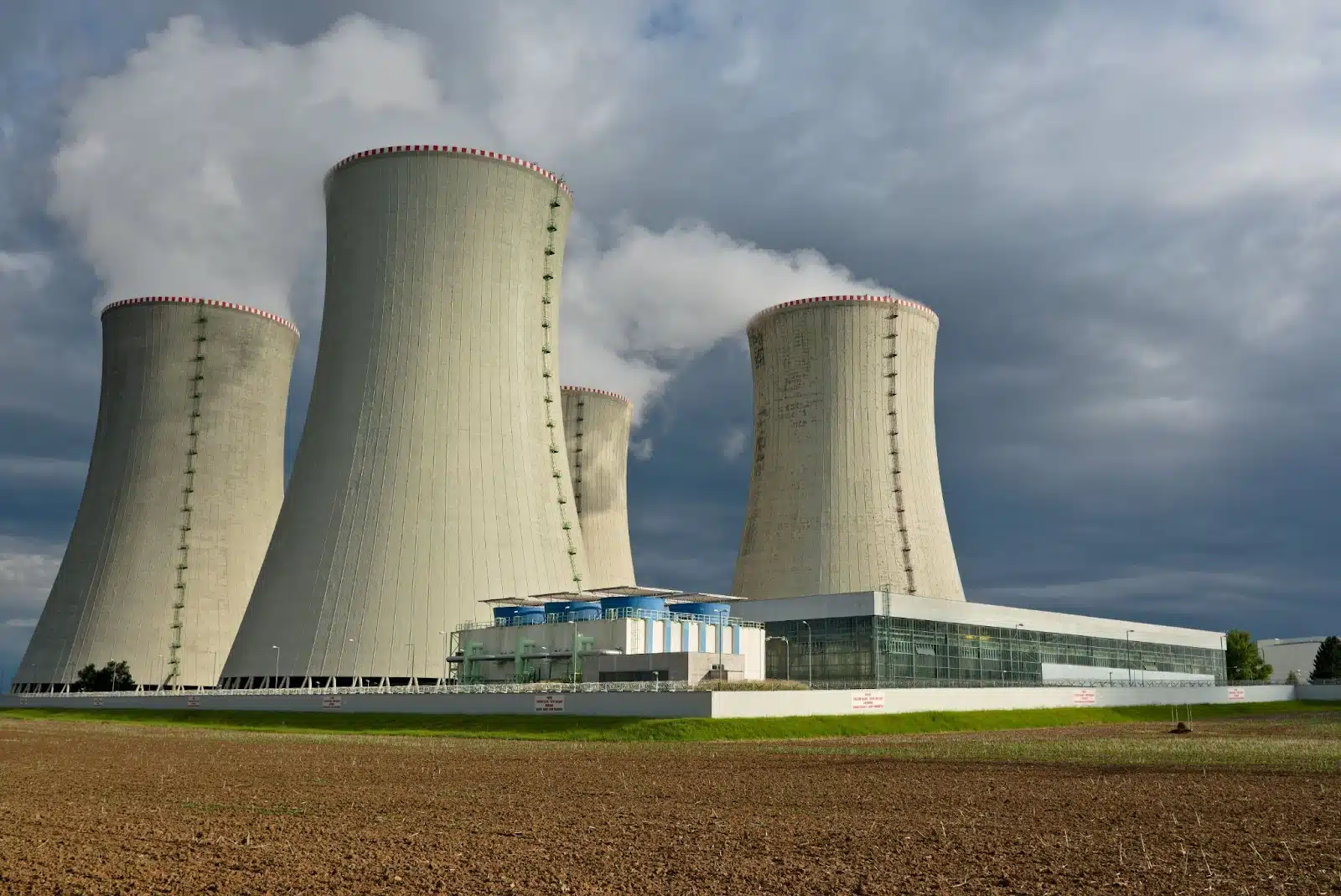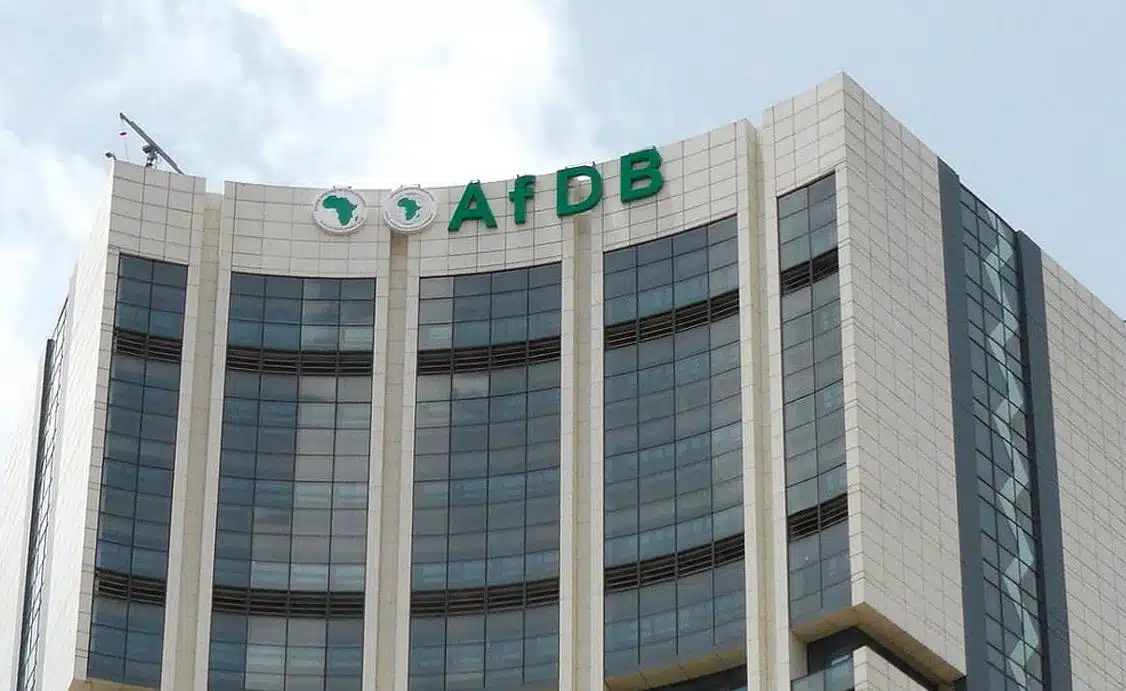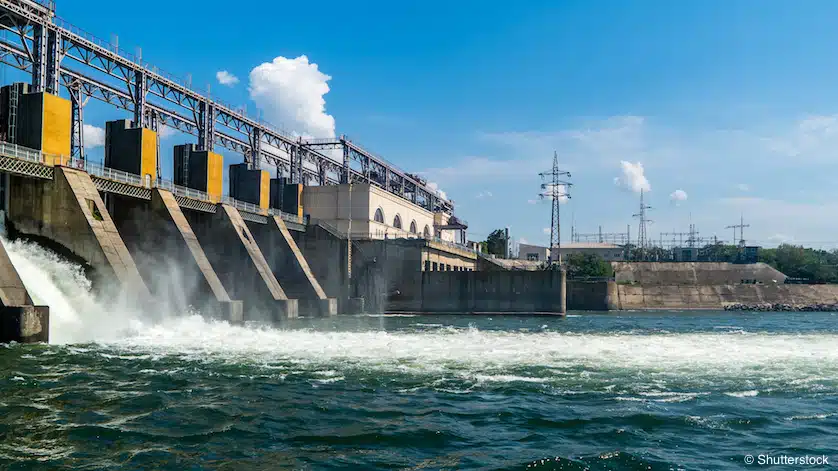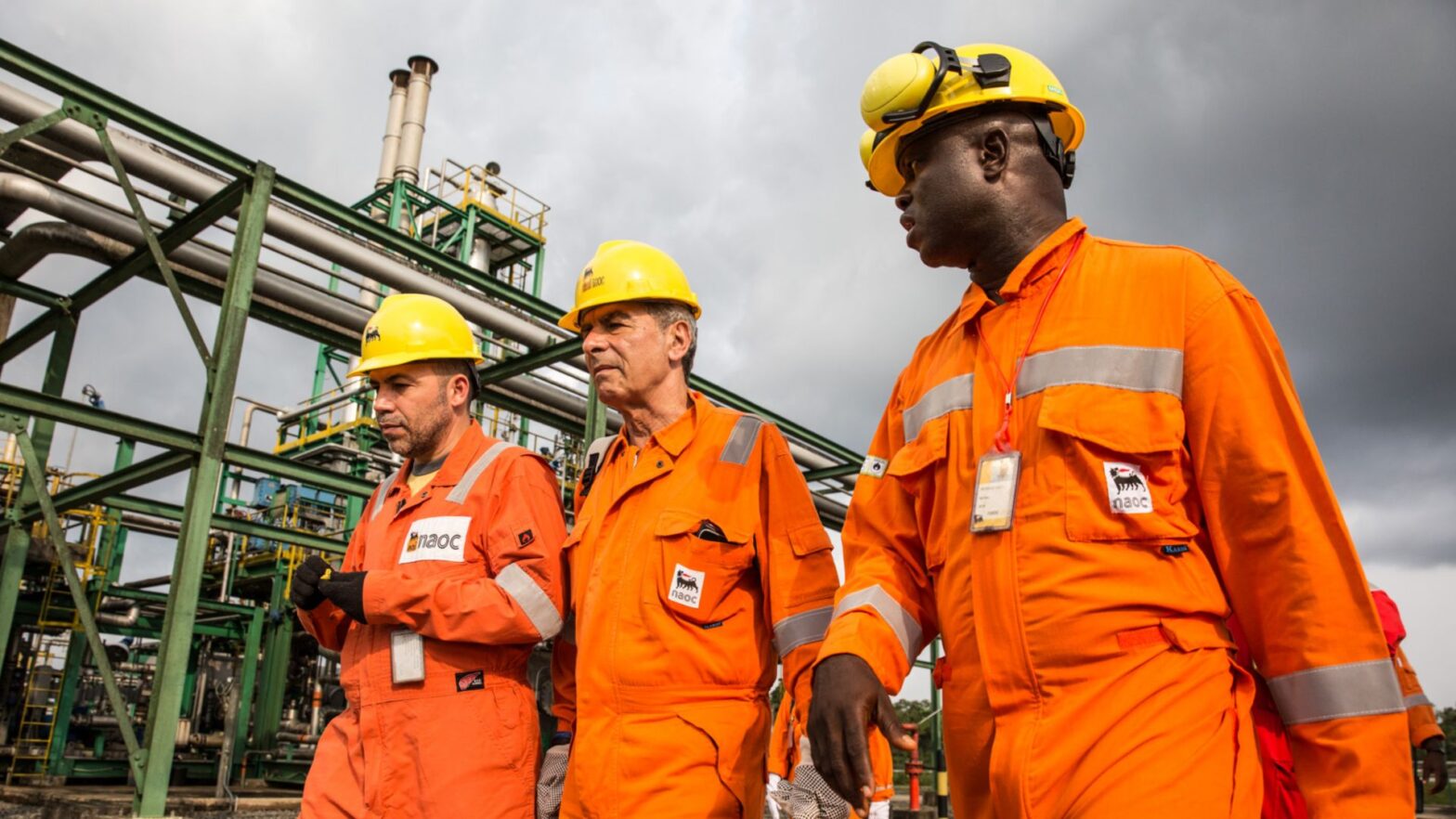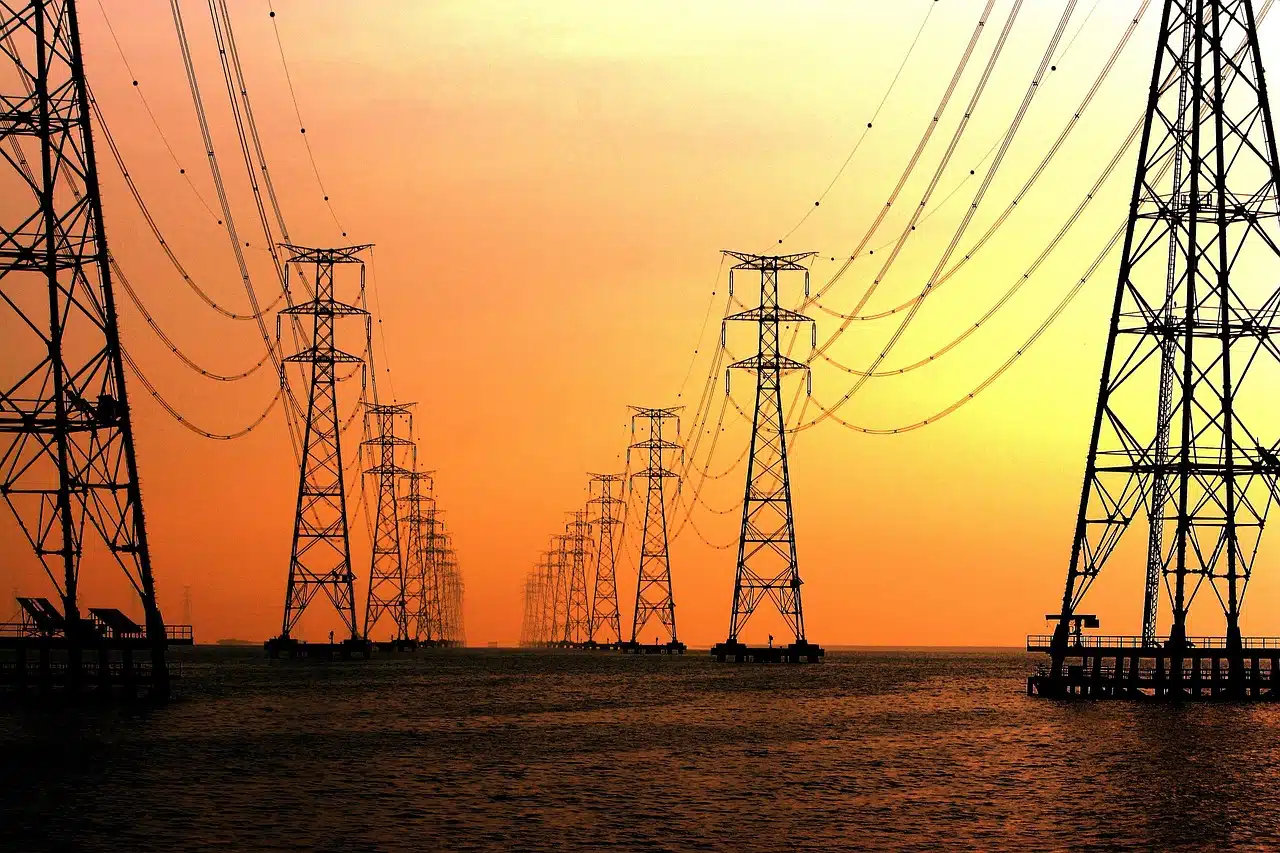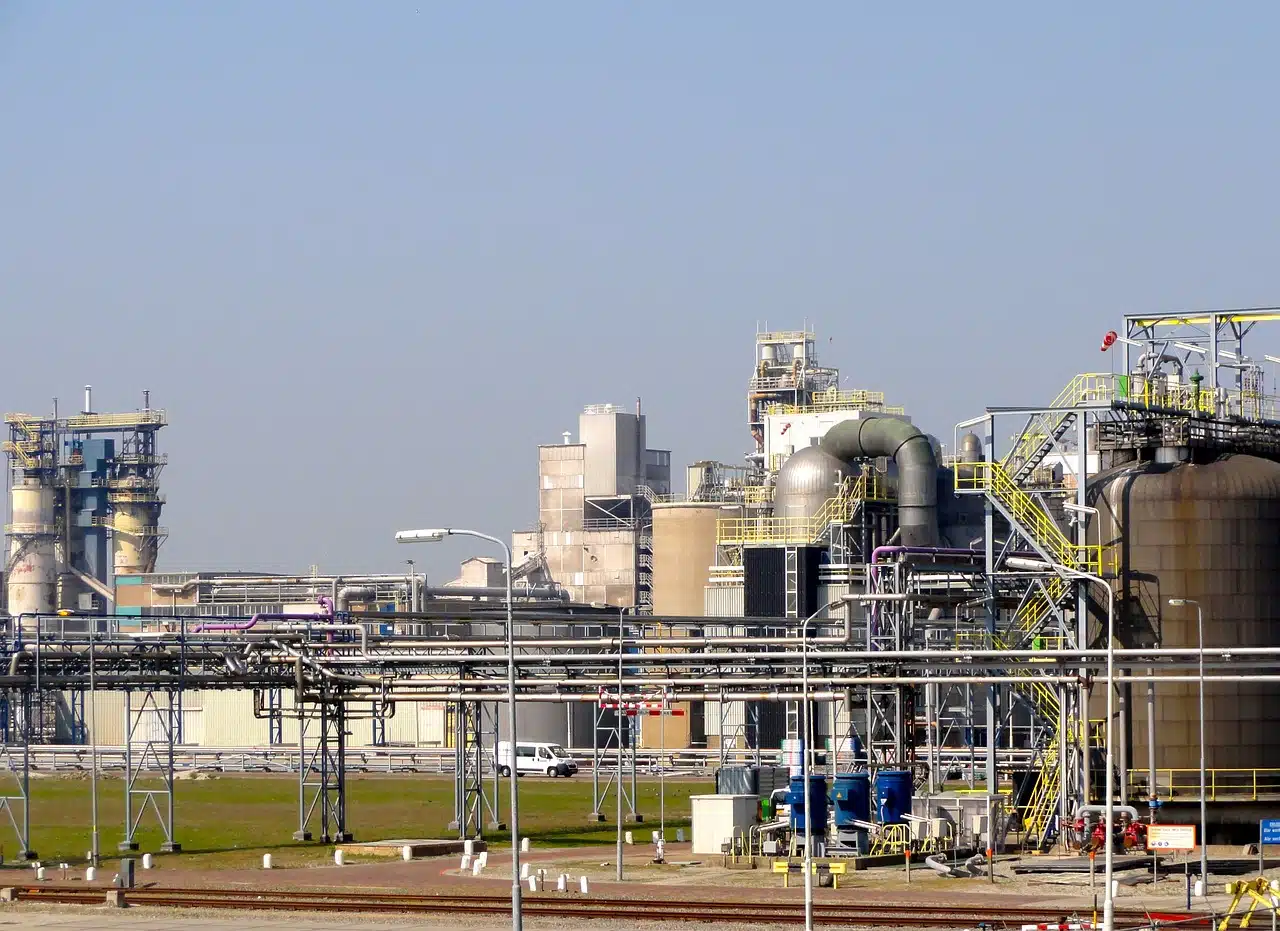The Zimbabwean government has announced plans to collaborate with the International Atomic Energy Agency (IAEA) and Russian investors to introduce nuclear energy as part of efforts to address the country’s chronic power shortages.
Energy and Power Development Minister Edgar Moyo confirmed the nation’s interest in nuclear energy and its plans to develop small modular reactors during a media briefing on Thursday.
“They [IAEA] have indicated their willingness to take us through paces until we get there,” Moyo said.
Zimbabwe is targeting an increase in its power generation capacity to 4,000 megawatts by 2035 to eliminate recurring power outages, which currently last up to 18 hours a day.
The nation’s current power generation capacity stands at 2,600 megawatts, though actual daily output is approximately half that, according to government data.
However, Joseph Siegle, research director at the Africa Center for Strategic Studies, cautioned that nuclear energy projects are often complex, costly, and vulnerable to corruption.
“Countries like South Africa and Egypt have turned to Russia for assistance in similar projects,” he noted, warning that such initiatives could lead to inflated costs and financial burdens for the public.
Siegle also raised concerns about nuclear waste disposal, a longstanding issue due to the thousands of years required for radioactive material to decay safely.
“This has always been a concern with nuclear energy — what you do with the waste, which requires some 10,000 years to decay and not pose a health risk to society,” he said, adding that nuclear power increases security risks.
Meanwhile, Gloria Magombo, Zimbabwean secretary for energy and power development, highlighted the government’s broader renewable energy strategy.
“We are looking at coming in by 2030 with up to about 2,000 megawatts from solar, wind, and mini-hydro sources”, she said.
Zimbabwe has been working to develop alternative energy sources to tackle its ongoing power challenges.
In a recent development, the country secured $50 million from the International Monetary Fund (IMF) and Afreximbank for energy and other infrastructure projects.
Energy in Africa also reported that Afreximbank recently financed a $250 million initiative for the well-known Kariba Dam solar project.

